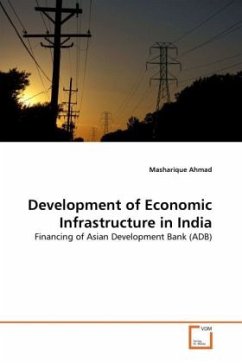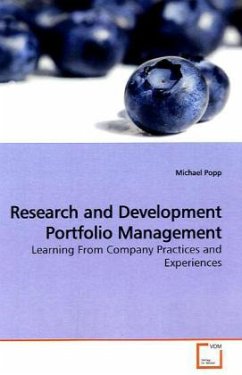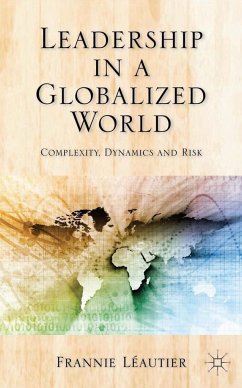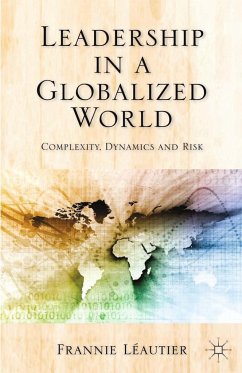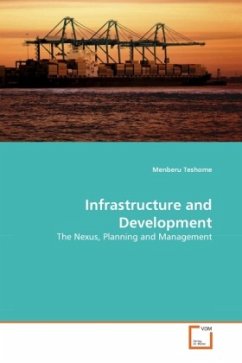
Infrastructure and Development
The Nexus, Planning and Management
Versandkostenfrei!
Versandfertig in 6-10 Tagen
45,99 €
inkl. MwSt.

PAYBACK Punkte
23 °P sammeln!
This book addresses the roles that infrastructure has in economic development. The empirics of growth and development over the last four decades provide useful insights to contemporary development strategy. The seminal discussion on the relationship between infrastructure and economic development was put forward by Hirschman (1958) while he was discussing development strategies. He commented that electric power and of transportation facilities are essential preconditions for economic development practically everywhere. Adequate infrastructure and access to services play vital role for developm...
This book addresses the roles that infrastructure has in economic development. The empirics of growth and development over the last four decades provide useful insights to contemporary development strategy. The seminal discussion on the relationship between infrastructure and economic development was put forward by Hirschman (1958) while he was discussing development strategies. He commented that electric power and of transportation facilities are essential preconditions for economic development practically everywhere. Adequate infrastructure and access to services play vital role for development and improved quality of life, particularly to the poor who make up the greater part of the population in developing countries. Infrastructure service, depending on its level, can impact positively or negatively on the economic growth of the country. Furthermore, economic development and infrastructure growth have positive and reinforcing relationships but which one acts as the dependent and which one as explanatory variable is still debated. Indeed, their relationships, whether positive or negative, has been highlighted in this book.



